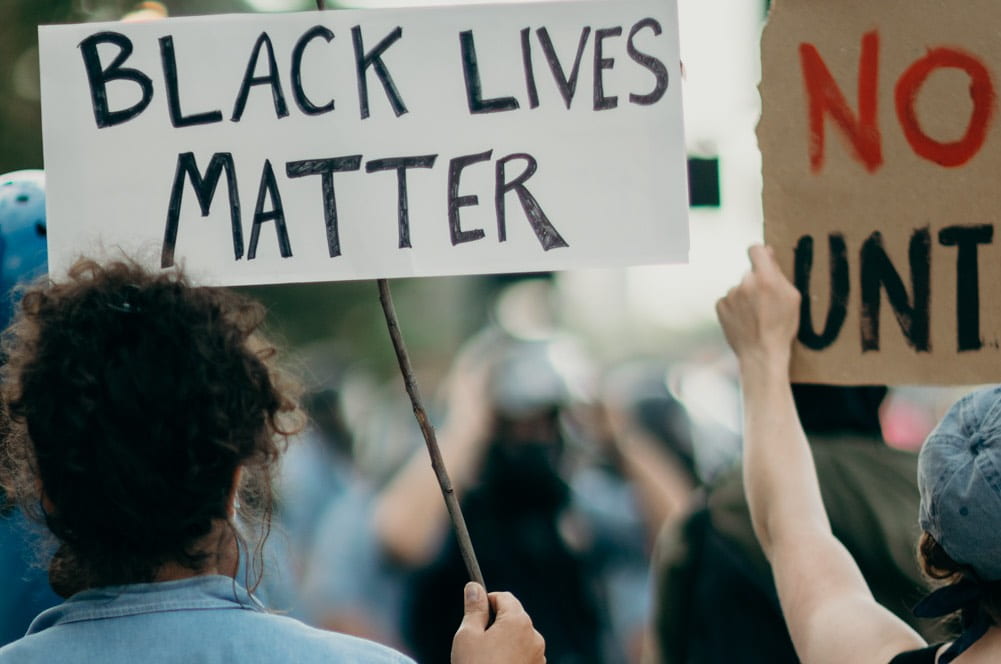Whose history will my mixed-race daughter be taught?
By Blog Editor, IOE Digital, on 1 July 2020
1 July 2020
By Meena Khatwa
‘We are here because you were there’ (A. Sivanandan).
Whenever I deliver a lecture on slavery, the British Empire or migration, I always begin with this simple yet powerful quote. It immediately grabs the students’ attention, and they begin to understand centuries of brutal colonial history, laid bare in those words.
I’m a British Asian, born in Slough, in 1973. Like other Asian families at that time, I lived with my extended migrant family. Our house of ten resembled Piccadilly Circus. Every morning each family member bustled to their low-paid manual jobs.
The events that led them to the UK were shaped by the history of British colonialism. My grandparents fled Karachi during the Partition in 1947 and, for a few years, were refugees in a newly-formed India. They then moved to Kenya, but had to flee again after it gained independence in 1963, which brought them to the UK and to Slough. My PhD research captured similar stories. These families were identified as ‘twice migrants’ and – perhaps surprisingly – this upheaval resulted in slightly better assimilation because they had already experienced resettlement from India to Africa.
Slough was an interesting place to grow up, a social experiment in collisions of culture and traditions. I attended St Mary’s CE primary school, singing (more…)
 Close
Close




